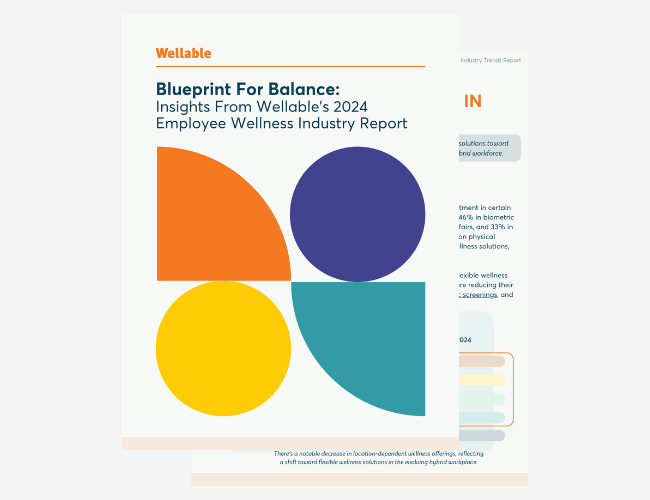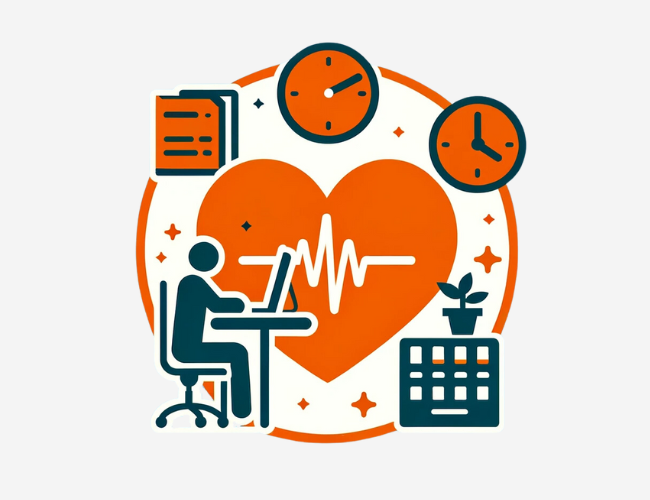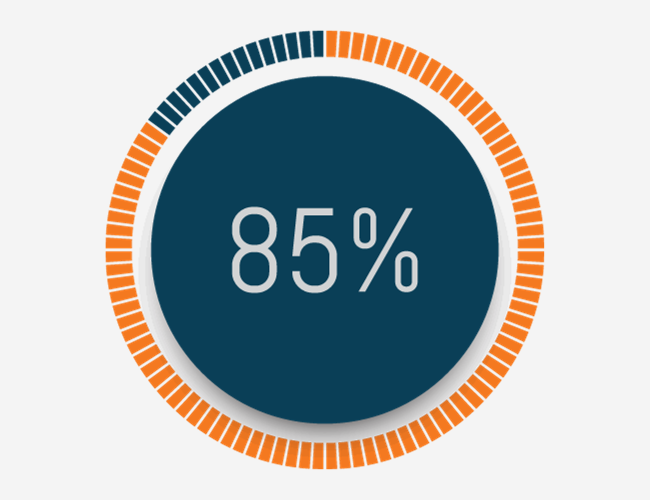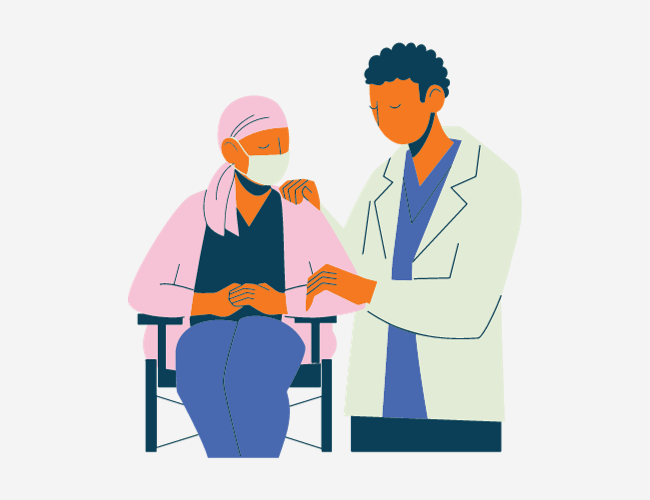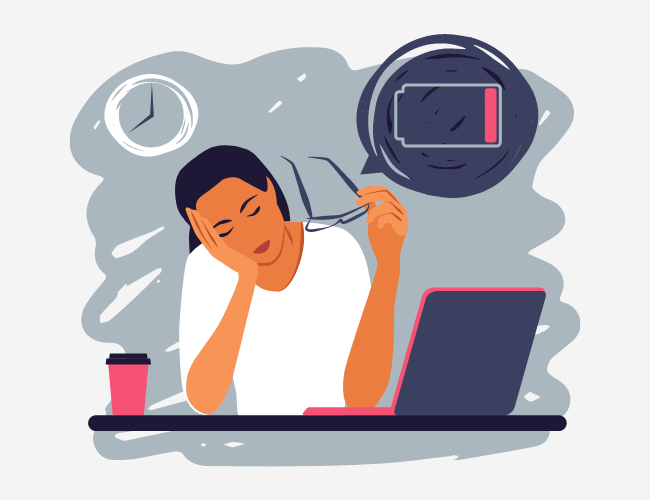A recent survey by Harmony Healthcare IT of more than 2,000 people aged 23 to 38 revealed that millennials are increasingly turning to online sources for health advice rather than visiting medical professionals. Specifically, 73% of millennials will search for medical advice online rather than visit a doctor. This result comes despite the revelation in the same survey that only 48% of the same respondents trust online resources to accurately diagnose their symptoms. Ninety-three percent of respondents said they do research in addition to seeking the advice of a doctor, while 65% won’t even see a doctor who isn’t online.
Even more revealing is that one-third of respondents have not had a routine physical within the last year, and 24% of respondents have gone five years or more without a physical. Forty-five percent of respondents reported , and 41% of those have been putting off the health issue for more than a year.
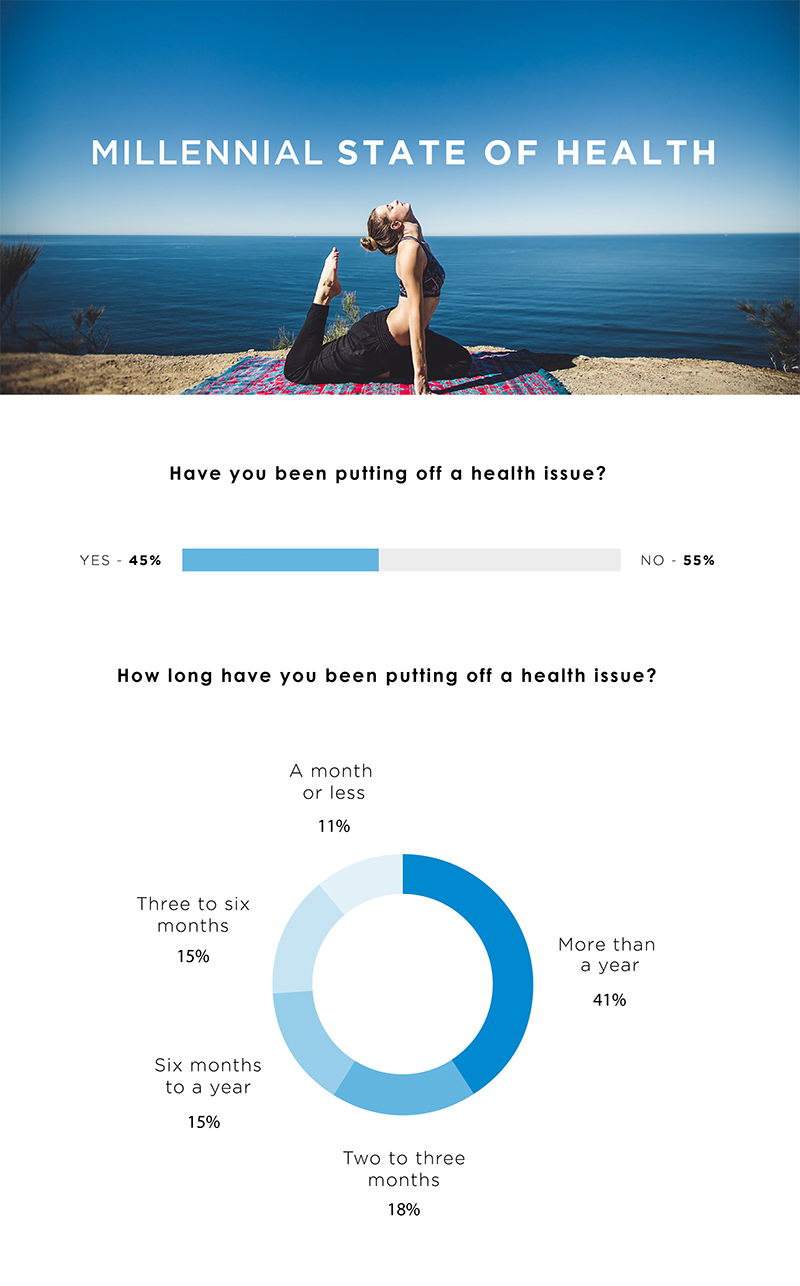
The trend of millennials foregoing regular physicals is not a critical health issue, generally speaking. The United States Preventive Services Task Force (USPSTF) doesn’t recommend annual physicals for asymptomatic adults under a certain age.
However, while asymptomatic adults under a certain age may not need to see their doctors annually, the fact that so many millennials will turn to online sources when symptoms do crop up should be concerning to employers. A whopping 82% of respondents in the survey said that they consult WebMD for medical advice, followed by news articles (27%), YouTube (22%), Reddit (22%), and other online sources. The proliferation of inaccurate online information coupled with the general, non-personalized diagnoses offered on reputable sites could lead to increased health risks and greater costs for employees and employers in the long run.
To help encourage all employees to seek quality information about any and all health issues they face, employers need to offer education on when employees should visit a doctor (and perhaps when it’s okay not to). It’s also important to make sure that employees know how to use their health plans—that they know where to go, what kinds of appointments are covered, how much they may need to spend on out-of-pocket costs, and the like. Many employees may not get an annual physical because they think it will cover an out-of-pocket expense, which is not true if they are on a health plan.
In addition, employers should proactively provide quality health and wellness content to all employees. Employees may not always know how to evaluate the quality of health and wellness information they find online, so having quality content available that’s already been vetted can make the difference between a healthy employee and an unwell one. If employers can encourage employees to proactively address health and wellness rather than retroactively address symptoms and illnesses, both parties will benefit.




